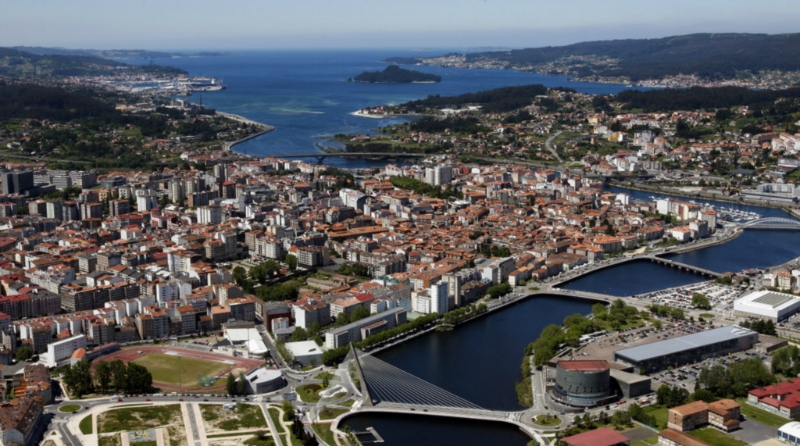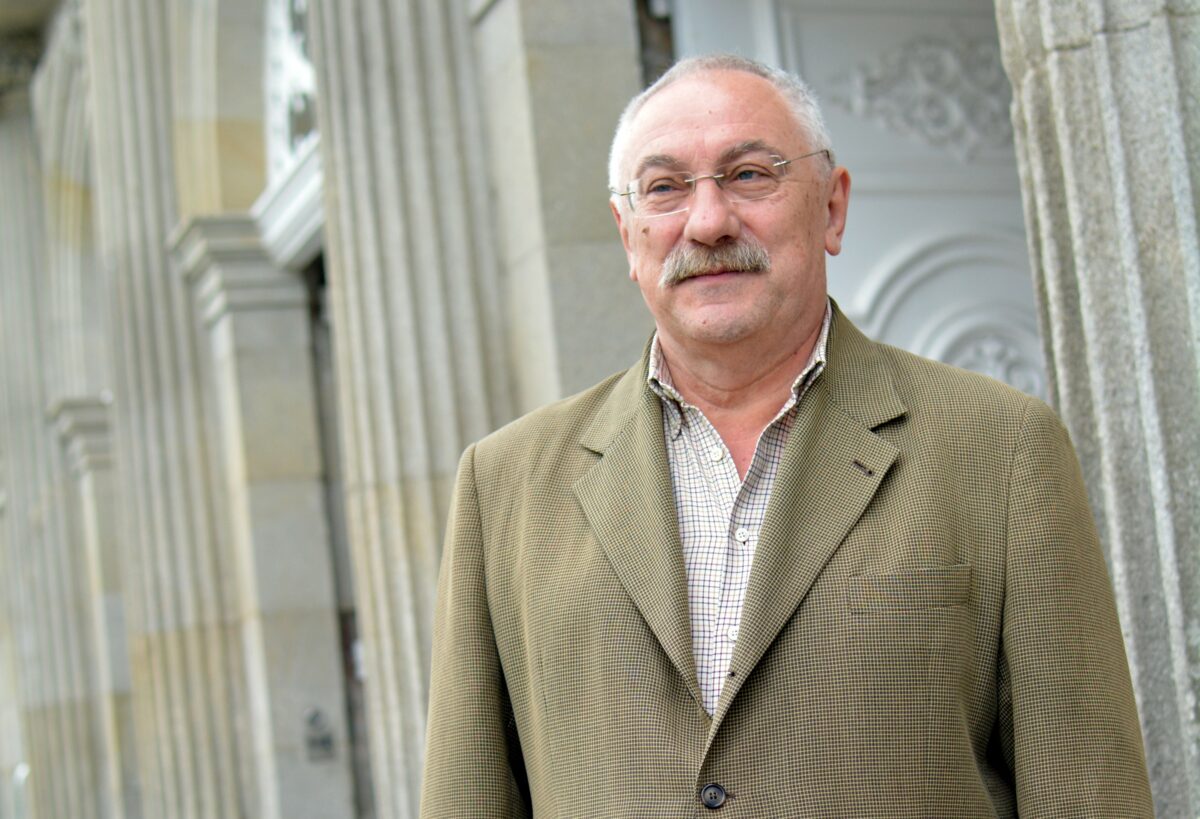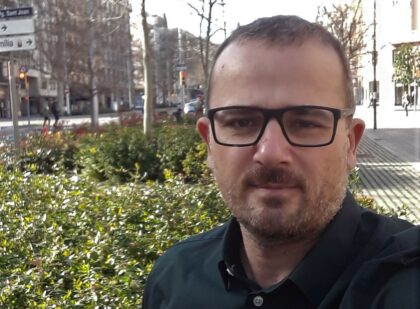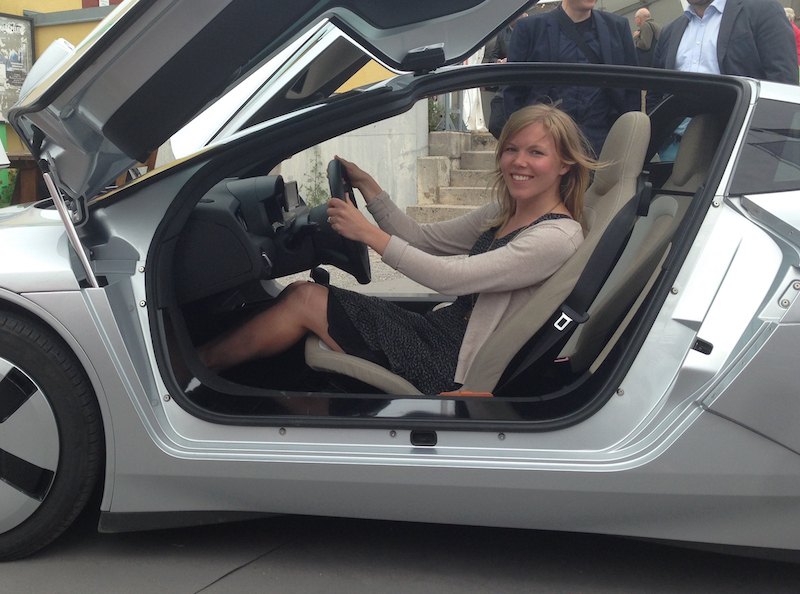César Mosquera Lorenzo is the Vice President of the Deputación de Pontevedra, a supramunicipal administration which brings together 61 municipalities in the province of Pontevedra. He is keynote speaker at the conference Mobility & Behaviour 2018 in Eskilstuna, March 22.
How did the Pontevedra urban reform idea actually come true?
– In the 1930s, Le Corbusier, the architect who is often held responsible for the 20th century urban development, realized the unreasonable filling of the cities by cars. Nevertheless, it was just what happened several decades after the war. The rebound movement came in the late 1960s, including Francesco Tonucci’s book La città dei bambini (The City of the Children) as an important influence. In the 1990s, attention was also paid to disabled people’s right to move around in the city. In Pontevedra there was a chaos, since car traffic invaded every street and every square. It led not only to congestion and lack of accessibility, but also to noise, bad air and also to increased street crime. People did not dare to use their city. In that situation, my party was elected on promises to resolve the chaos and take back the city space to all its inhabitants. And now we have retained the power of the city for five mandate periods, which demonstrates that our measures were both necessary and long-awaited.
But there must have been many critical voices that would have liked to keep traffic in town?
– Yes, sure, and that opposition is still there. The one who sees his privileges threatened reacts negatively, naturally. The one seeking his rights – for example, staying safe, quiet and comfortable in the city’s outdoor environment – keeps silent. But virtually all critical voices were gone after the changes had been implemented, as everyone takes advantage of the new street life. This also applies to shop keepers, who usually increase their turnover. Drivers rarely stop looking at the shop windows.
– We have been careful to involve all residents and all shop owners when we action is planned in any neighbourhood. We have had a lot of meetings and listened carefully to both objections and detailed knowledge. It’s harder than you think, and takes more time, to really find out how local opinion sounds. And it is important that the results show up quickly. The first actions were carried out less than five weeks after we had won the local elections, and we soon managed to show that they raised the quality of life of city dwellers. And, as said, we have gained new confidence from the city’s voters at five elections in row.
Can Pontevedra’s model be transferred to other cities?
– May I make a contra-question? Can other cities avoid the same schemes? What is their option? To continue breaking down the values that exist in a city, often with historical centres, for an accessibility that most leads to obstacles?
– However it is not certain that our model will fit in other cities. There are many factors to consider: the city’s network of streets, squares and other public spaces, the interdependence of the neighborhoods, their size, etc. But some of our principles – pedestrian streets combined with streets with strict car limitations and a general speed limit on 30 kilometers per hour – should be able to transfer to many other places.
You have won many awards and have been able to present your work in many international contexts, and now it is time for Mobility & Behavior in Eskilstuna. What are your impressions of Sweden’s work for sustainable mobility?
– We have always been impressed by Sweden’s road safety work. You are one of the world’s most traffic-safe countries, and you have been working for more than twenty years with the zero vision, i.e. the target of zero killed or severely injured in traffic. And now we can come to you and tell you about our work and that we have not had a single fatal accident in the city since 2011! Therefore, we are both happy and proud for the invitation, to the conference and to the meetings that The Swedish Association of Green Motorists arrange with various decision makers during our visit.
Maria Núñez Iglesias
Editing and translation: Fredrik Holm




